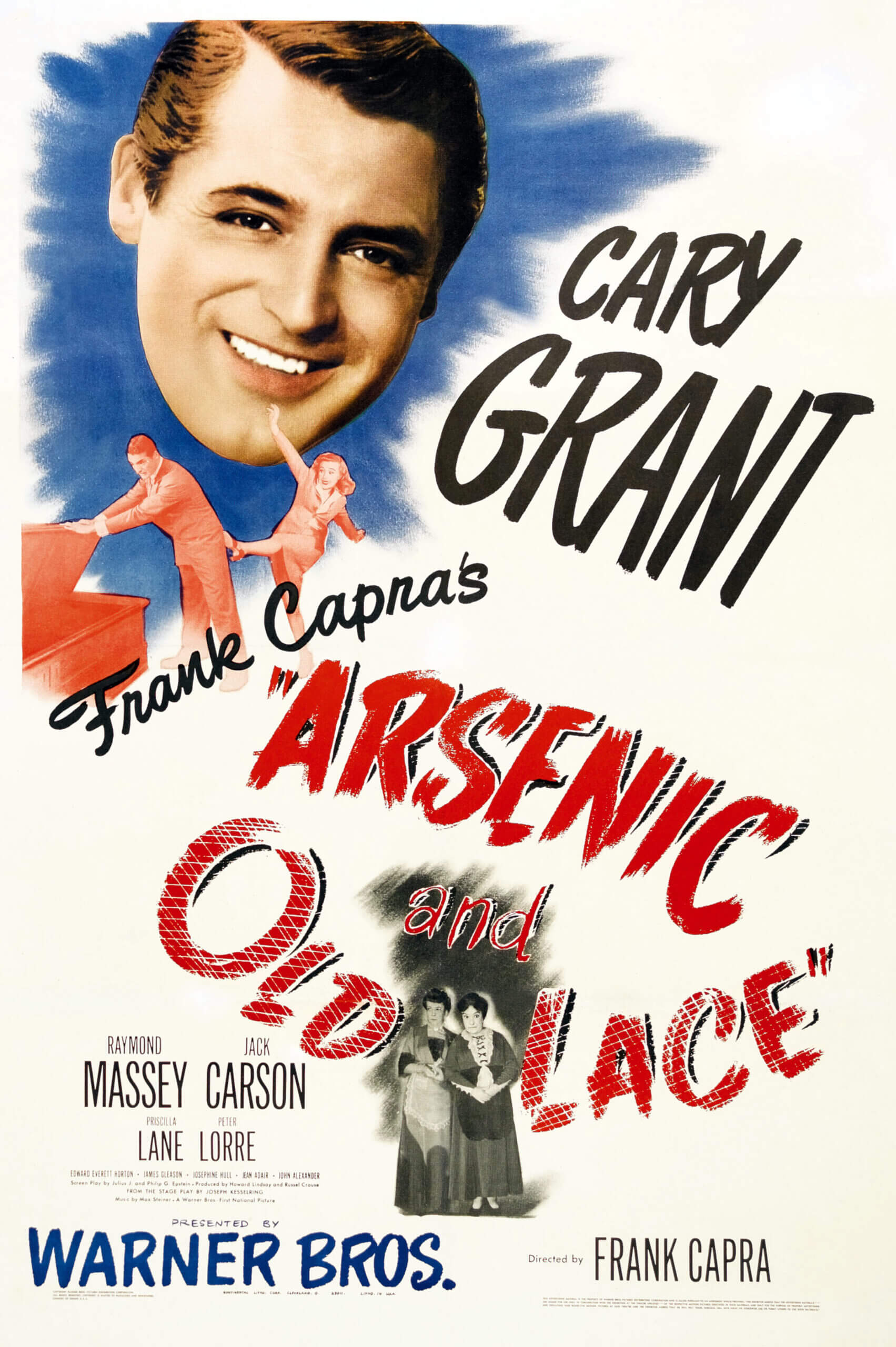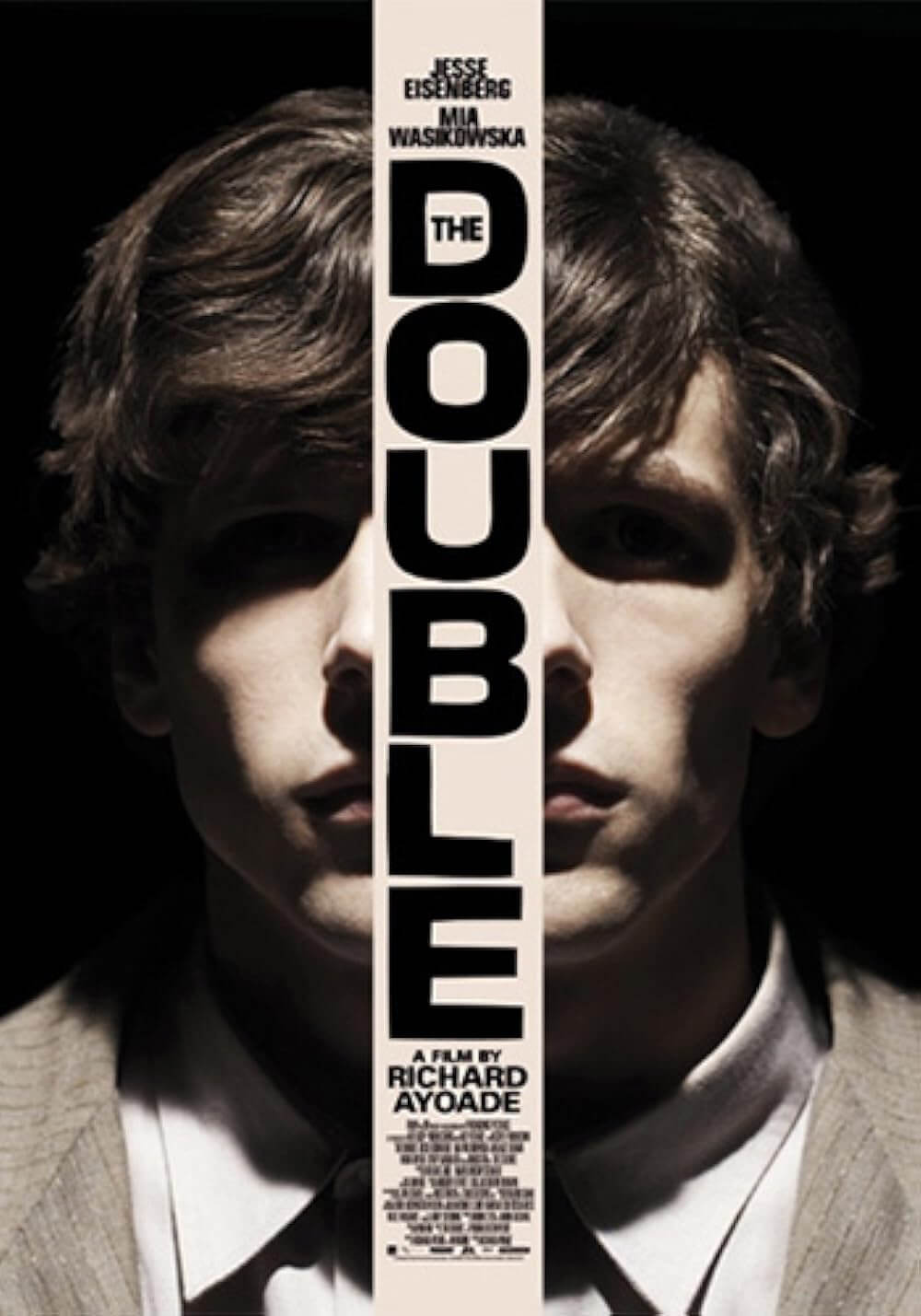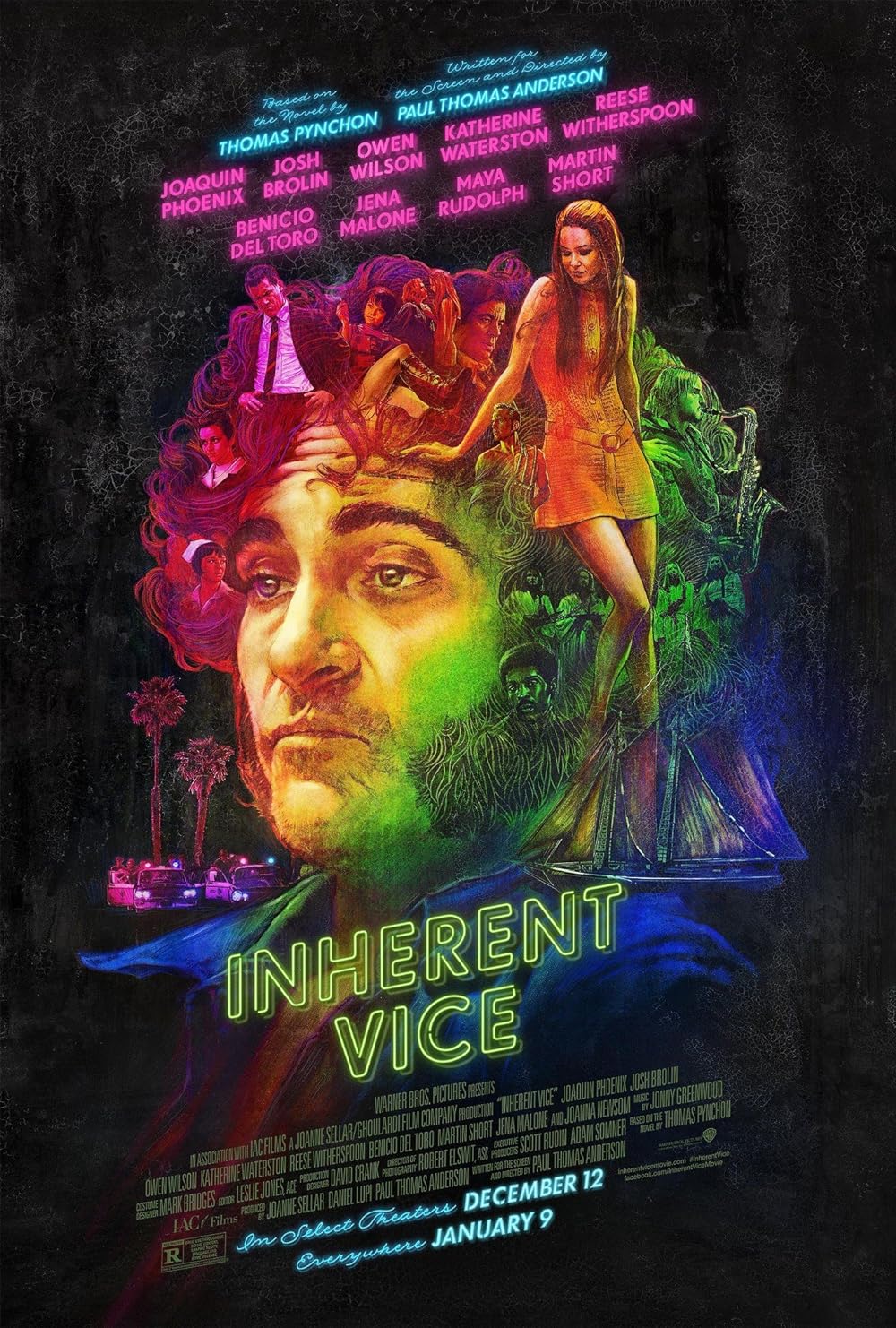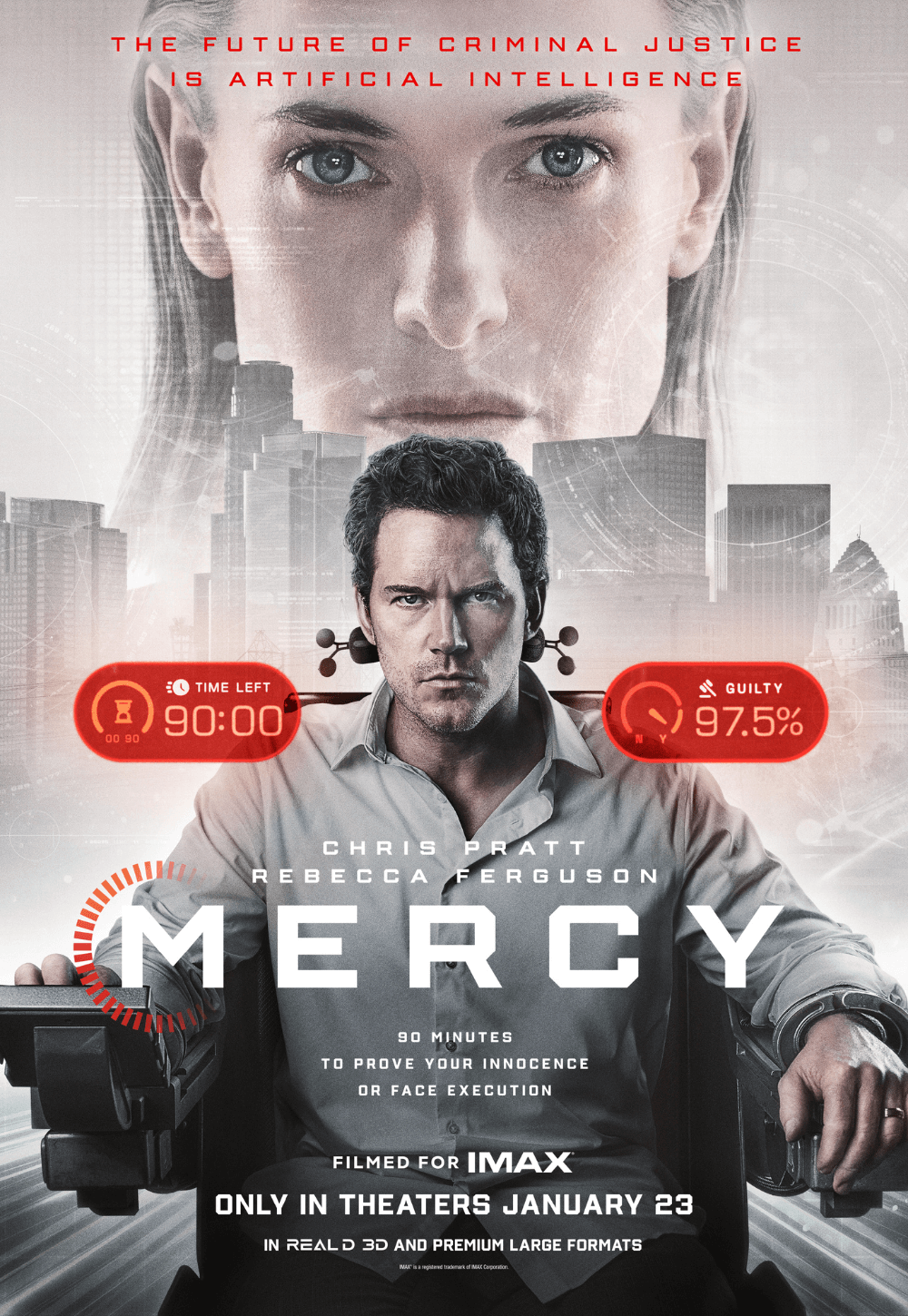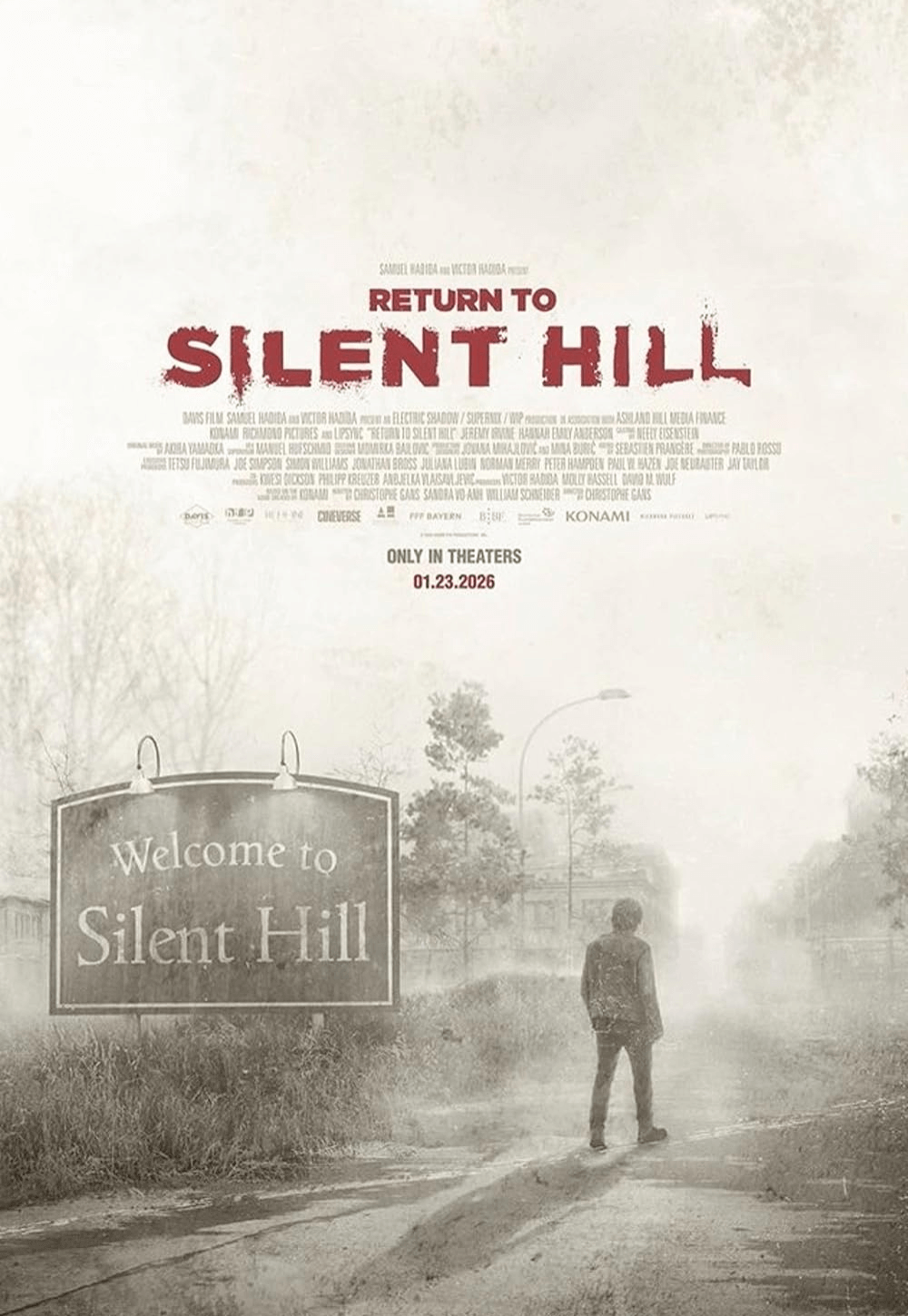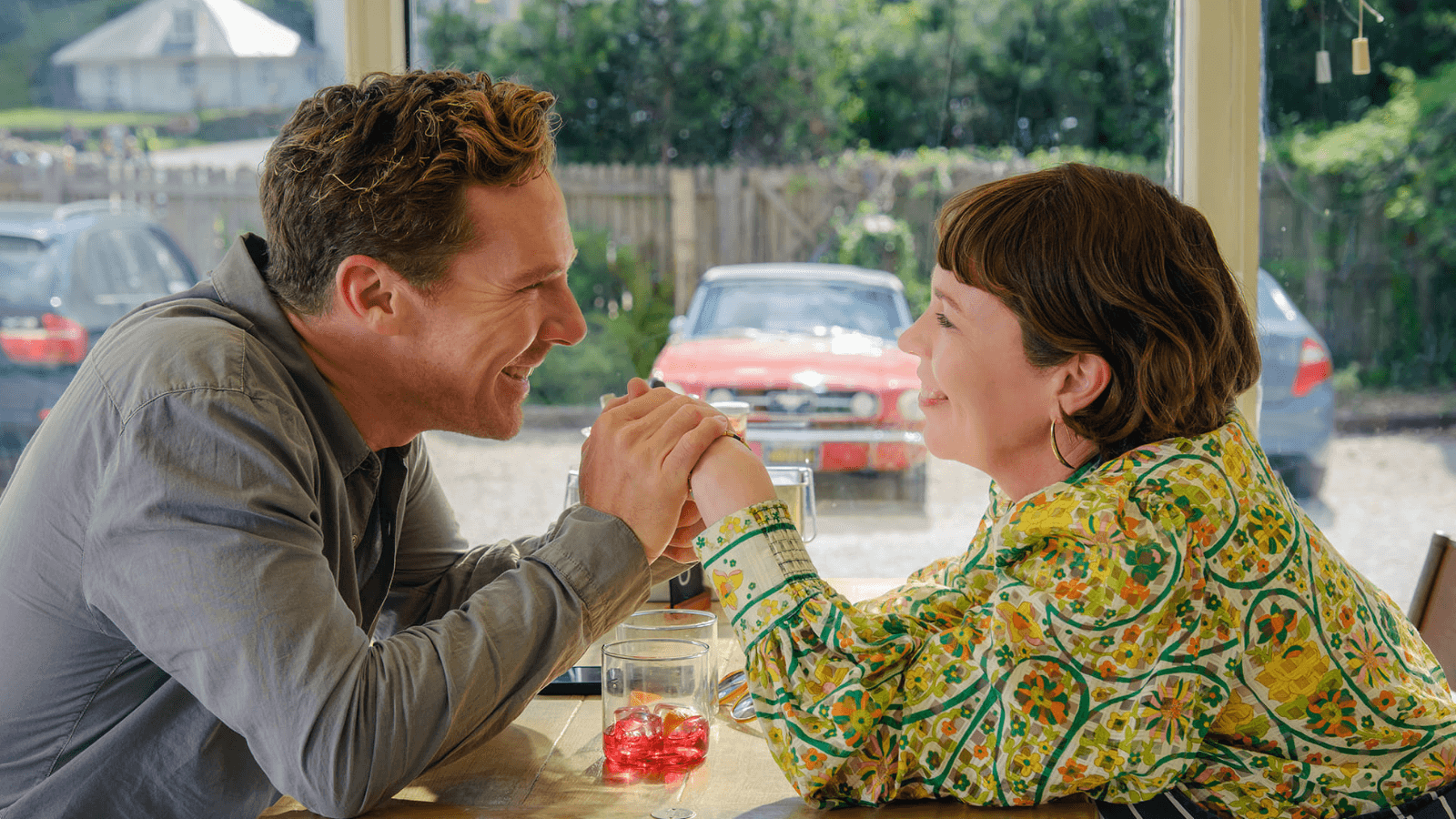
The Roses
By Brian Eggert |
“Someone has to sacrifice themselves on the altar of marriage. Who’s it gonna be?” This is the belief that tears apart the couple in The Roses, a new adaptation of Warren Adler’s 1981 novel, The War of the Roses. The story follows two talented and successful individuals who also happen to be selfish and stubborn. Both armed with sharp wit and indefatigable egos, these Roses have thorns, to be sure. Somehow, they work well as a couple; at least, when things go their way. Played by Olivia Colman and Benedict Cumberbatch, both terrific here, the couple’s relationship is believable, and they’re likable together—they have chemistry. They’re charming and “So Happy Together,” as a cover of The Turtles’ song declares in the airy, napkin-drawing animated sequence over the opening credits. But it’s an ironic song choice. They’re like two substances that, when combined and set over a flame, produce an explosive compound. When their marriage inevitably faces some challenges, as all marriages do, their personalities amplify the conflict to outlandish degrees. And it hurts to watch them fight, because we want their relationship to work out.
That’s a big change from the last movie based on Adler’s book (its title alludes to England’s fifteenth-century civil wars over the throne, which left the Tudors in power for over a century). Danny DeVito directed and co-starred in 1989’s The War of the Roses, a black-as-pitch comedy starring Kathleen Turner and Michael Douglas. Reteaming with his pals from Romancing the Stone (1984) and Jewel of the Nile (1985), DeVito’s nasty and mean-spirited portrait frames two despicable people who represent the ‘80s image of success: the Lifestyles of the Rich and Famous home, the suit-and-tie corporate job for him, and a self-starting catering business for her. DeVito’s penchant for thriller-style dark humor and cynicism flays his characters with a cautionary tale about how a hellish divorce awaits those who fall in love and marry (without a prenup). Turner and Douglas’ characters may have initially lusted after each other, but they share little else in common, fueling their microaggressions that devolve into outright hateful behavior.
Fortunately, The Roses proves different enough to avoid any lingering whiff of what came before. It’s also funnier and more accessible than the 1989 version, for better or worse. The main distinction in this version, directed by Meet the Parents (2000) helmer Jay Roach, is that Australian writer Tony McNamara’s script presents two likable people who have a genuine rapport. Even when they’re being awful to each other, we like them. That’s a testament to Colman and Cumberbatch as performers. They play Ivy and Theo, who share a creative drive—she’s a chef; he’s an architect. After meeting in the UK, they relocate to the idyllic Mendocino, California, to start a family. They say things like “no one can defeat us” and have an amiable interplay. A few years and two kids later, they finally hit a rough spot when a disaster ruins any hope of Theo’s professional future. He transitions into a stay-at-home dad role, while she develops her open-three-days-a-week restaurant, called We’ve Got Crabs, into a vast empire. But with little other choice, Theo had to sacrifice his ambitions for the marriage, and he resents Ivy for that.
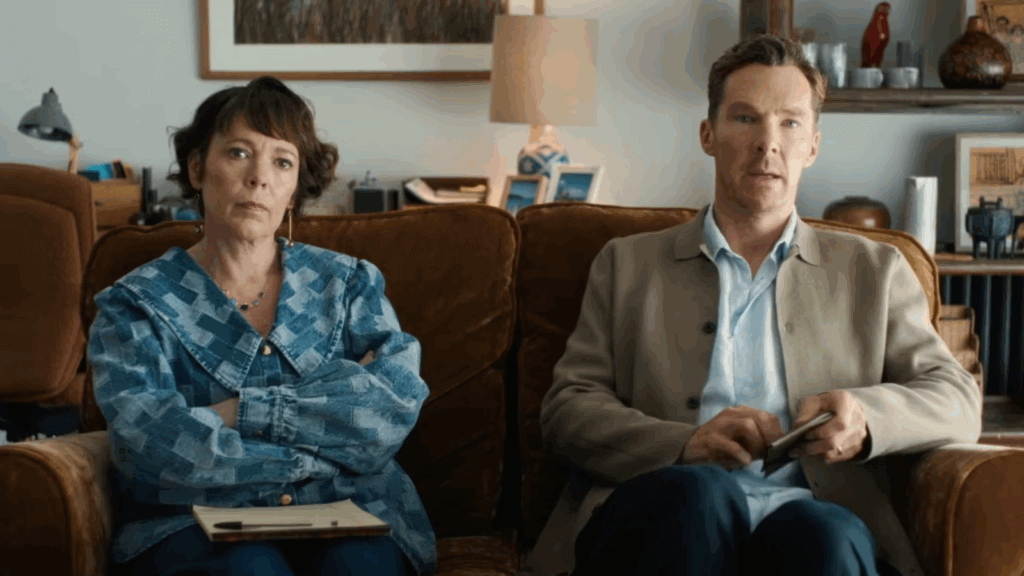
McNamara’s script has an edge that recalls his work on The Favourite (2018) and Poor Things (2023), complete with riotous verbal barbs and vile, caustic insults. When we first meet the couple, their marriage counselor asks each to list things they love about the other. “Has arms” and “not a wolf” are among the nicer remarks. Despite this introduction, there’s plenty of banter, passion, and saucy humor between them. There’s also bitterness, as Theo’s idea of parenting involves a concerning focus on physical fitness, which Ivy does not encourage. At the same time, she remains somewhat absent, absorbed in expanding her business, which he’s jealous of. It doesn’t help that he can be cruelly sarcastic, and she’s unable to admit when she’s wrong. Every attempt to fix things (a weekend getaway, vows to be nicer, etc.) only makes matters worse, and when the kids move away after being accepted to a fitness school in Miami, the couple resolves to get a divorce. To divulge the horrid details of how things escalate would rob you of the movie’s many laughs and pleasures. Suffice to say, it gets creatively ugly.
The Roses also has a more playful and lighthearted tone than the previous iteration, which at once helps and hurts the movie. It helps because it allows the viewer to root for Ivy and Theo, especially because, despite their many flaws, I enjoyed seeing them together. Colman, in particular, is delightful and funny with an infectious laugh and lurid sense of humor. Theo is less appealing, yet it’s nice to see Cumberbatch play an average guy who’s not a superhero, icon, or oddball. The supporting cast contributes to the pleasantly comic tone, with Andy Samberg and Kate McKinnon injecting their usual schtick for broad comic relief—such as an amusing gun range sequence that underscores how the UK sees the American normalization of firearms. Allison Janney also shows up for a single, memorable scene as Ivy’s ruthless divorce attorney. Other supporting roles (played by Sunita Mani, Ncuti Gatwa, Jamie Demetriou, Zoë Chao) tend to feel like padding, albeit of the pleasant variety.
The lighter mood hurts the experience when the increasingly macabre story developments, mainly their fight over who gets the lavish house Theo built for them in the divorce settlement, drive Ivy and Theo to attempted murder due to their “dizzying hatred” for one another. The sudden turn into homicidal territory never quite aligns with the tone. Whereas DeVito’s version reinforced this development by shooting The War of the Roses like a gothic contemporary thriller shrouded in shadowy production design, Roach enlists cinematographer Florian Hoffmeister to give The Roses a bright, colorful visual palette full of possibility and hope. By the end, the events seem almost more tragic than hilariously bleak, and we can see how Ivy and Theo might resolve things, if only they communicated better and occasionally compromised. But McNamara’s barbed, hilarious script and the excellent two leads create so much goodwill early on that The Roses can succeed in its commentary about marriage—it shackles those incapable of making concessions, while it’s rewarding work for everyone else. Either way, when it ends, let it end without collateral damage and with as little destruction as possible.
(Editor’s Note: This review’s reference to The Turtles’ song “Happy Together” has been corrected.)
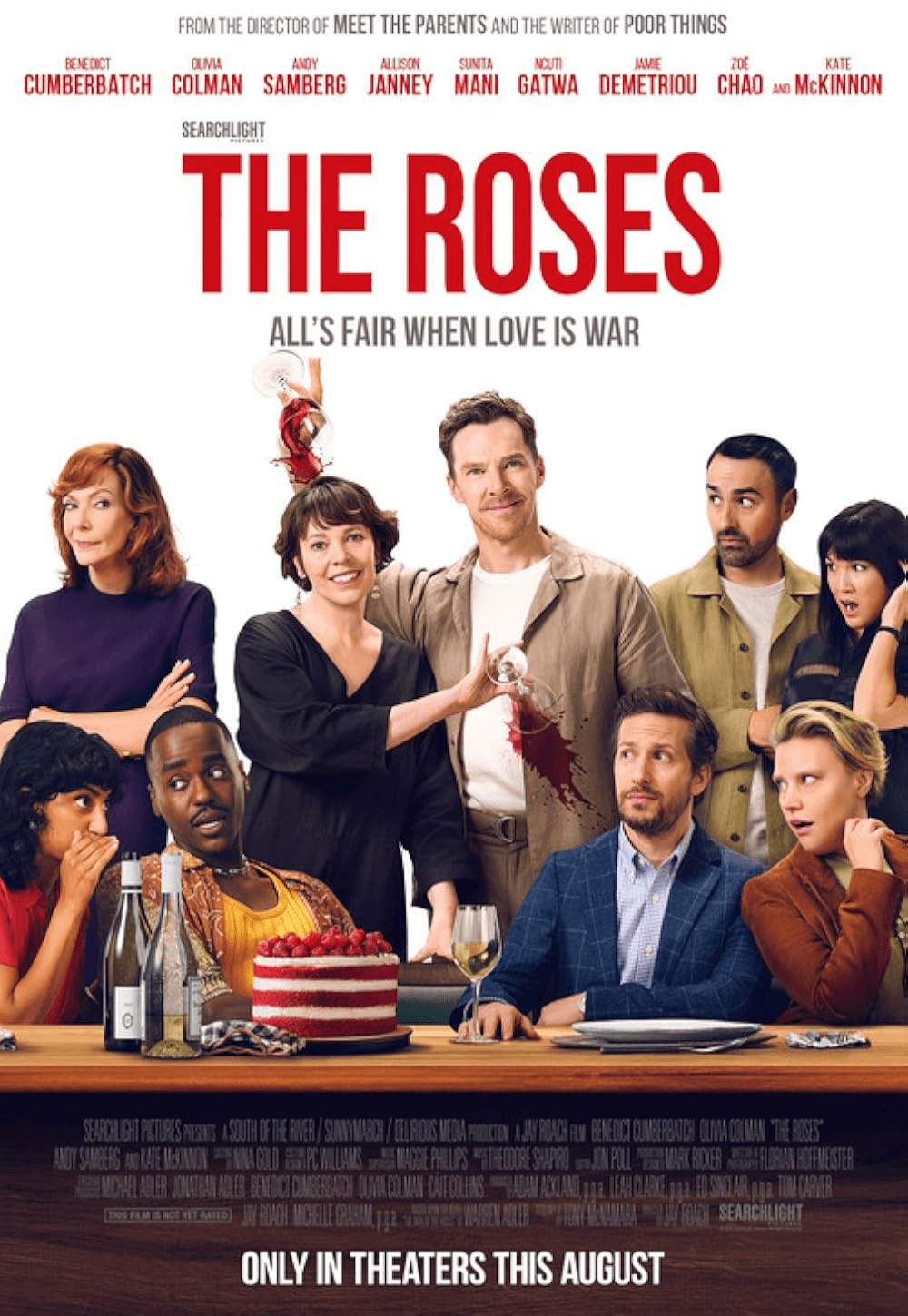
Thank You for Supporting Independent Film Criticism
If the work on DFR has added something meaningful to your love of movies, please consider supporting it.
Here are a few ways to show your support: make a one-time donation, join DFR’s Patreon for access to exclusive writing, or show your support in other ways.
Your contribution helps keep this site running independently. However you choose to support the site, please know that it’s appreciated.
Thank you for reading, and for making this work possible.
Brian Eggert | Critic, Founder
Deep Focus Review


